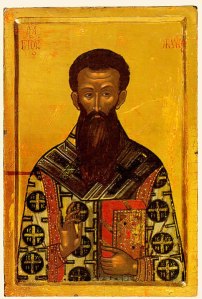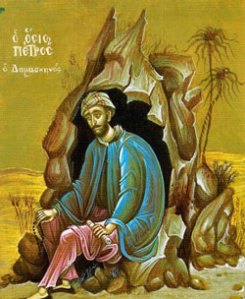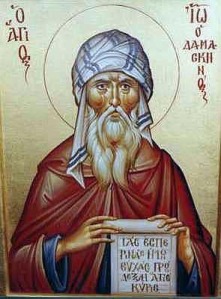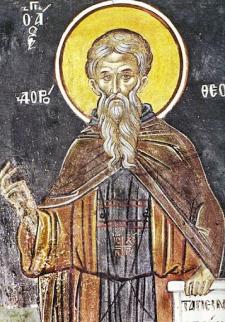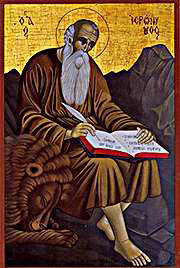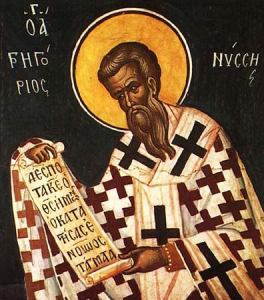 Wickedness, however, is not so strong as to prevail over the power of good; nor is the folly of our nature more powerful and more abiding than the wisdom of God.
Wickedness, however, is not so strong as to prevail over the power of good; nor is the folly of our nature more powerful and more abiding than the wisdom of God.
For it is impossible that that which is always mutable and variable should be more firm and more abiding than that which always remains the same and is firmly fixed in goodness.
But it is absolutely certain that the Divine counsel possesses immutability, while the changeableness of our nature does not remain settled even in evil.
Now that which is always in motion, if its progress be to good, will never cease moving onwards to what lies before it, by reason of the infinity of the course to be traversed.
For it will not find any limit of its object such that when it has apprehended it, it will at last cease its motion.
But if its bias be in the opposite direction, when it has finished the course of wickedness and reached the extreme limit of evil, then that which is ever moving, finding no halting point for its impulse natural to itself when it has run through the lengths that can be run in wickedness, of necessity turns its motion towards good.
For as evil does not extend to infinity, but is comprehended by necessary limits, it would appear that good once more follows in succession upon the limit of evil.
And thus, as we have said, the ever-moving character of our nature comes to run its course at the last once more back towards good, being taught the lesson of prudence by the memory of its former misfortunes, to the end that it may never again be in like case.
Our course, then, will once more lie in what is good, by reason of the fact that the nature of evil is bounded by necessary limits.
[…] I think that we ought to understand about ourselves, that on passing the limit of wickedness we shall again have our conversation in light, as the nature of good, when compared with the measure of wickedness, is incalculably superabundant.
Paradise therefore will be restored, that tree will be restored which is in truth the tree of life—there will be restored the grace of the image, and the dignity of rule.
It does not seem to me that our hope is one for those things which are now subjected by God to man for the necessary uses of life, but one for another kingdom, of a description that belongs to unspeakable mysteries.
Gregory of Nyssa (c 335 – after 394): On the Making of Man, 21 (slightly adapted).

